
People suffering from hazardous diseases can maintain healthy teeth and gums but persons with Alzheimer’s disease cannot. As they might forget the steps in teeth cleaning actions, oral care actions are quite complicated for people with Dementia.
Meanwhile, toothache and sensitivity are the common warning signs of various dental diseases. People with such neurodegenerative diseases do not remember to reveal such discomforts even they encounter the discomforts frequently.
Handling and caring for those people with dementia is a challenging thing because of their atypical behavior. If you focus on the treatments to fix their forgetfulness, you also might neglect their oral discomforts.
Remember that untreated dental dilemmas will lead to serious infections and ailments like cardiovascular disease, etc.
In this article, our Dentists have shared important dental tips to care for Alzheimer patients.
Common oral problems in people suffering from Alzheimer’s disease
Proper oral care is the key to healthy teeth, gums and disease-free mouth. As they struggle to maintain a regular dental hygiene routine, their oral regions are susceptible to infection that triggers problems like:
- Cavities
- Dry mouth
- Dental abscess
- Bad breath
- Receding gums
- Chip or cracks in teeth
Repair in restorative appliances like fillings or Orthodontic appliances like braces also troublesome. If they are left untreated, they will also become a disease-causing agent.
Important signs to detect the underlying oral problems
If you witness your loved ones with Dementia are exhibiting the following things, then they might have some oral problems.
- Constant drooling
- Difficulties in chewing
- Avoiding food at extreme hot or cold temperatures (They may have sensitive teeth)
- White-colored tongue
- Gum inflamed like a point below a tooth
- Letting no one clean their mouth
- Swelling in face, neck or regions around the jaw
- Emitting nasty smell from their mouth even though they brush efficiently
- Refusing to wear dentures
- Expressing a sense of pain when you touch their face or cheek
Oral hygiene tips to care for Alzheimer patients
Some common oral hygiene tips to maintain the teeth and gums healthy in people with Dementia include:
- Don’t let them brush their teeth. Your loved one with Dementia does not remember the effective brushing techniques. Even if you teach them, they might not brush their teeth effectively. Likewise, they may damage the soft tissues inside the mouth while brushing. Hence it is better to brush their teeth yourselves.
- You can brush and floss the teeth of your beloved ones by making them sit on a chair.
- Keep an eye on them while they rinse the mouth with mouthwashes. It is because the swished mouthwash should not be swallowed. If they do, it will lead to gum diseases.
- When you allow them to brush on their own, use a soft-bristled toothbrush and give them a toothbrush with a large handle. Switching to an electric toothbrush is a better option.
- If the person with dementia wears a denture, insist them to take the appliance out and clean daily.
The important thing you should know while caring for an Alzheimer patient is they might misinterpret you and do not cooperate with you while brushing. Hence indulge in actions to make them familiar with you.
Tip: Once you developed a good relationship with them, clean their mouths by distracting them attention away from you after making their mouth open. It makes them intervene while you brush or floss. The best trick to do this playing music or song around both of you.
Conclusion
Regular dental check-ups are essential for everyone. People with Alzheimer’s disease are at higher needs for such dental check-ups. Take a close look at the teeth and gums of the dementia sufferers once a month to identify the existence of problems.
If you feel hard to maintain the oral care of those people, then take them to your dentist once in a month. Apart from check-ups, the in-office dental cleaning treatments will help those with the disease to evacuate the microbes in their mouths.







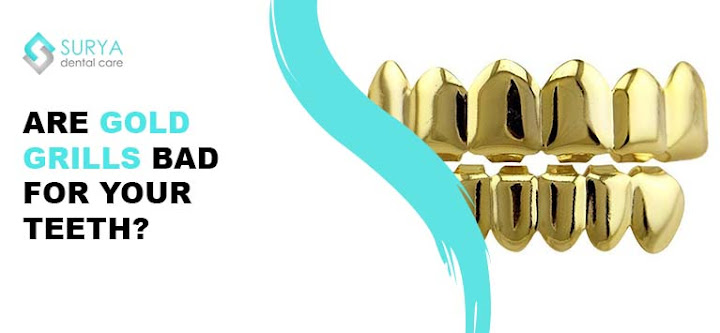
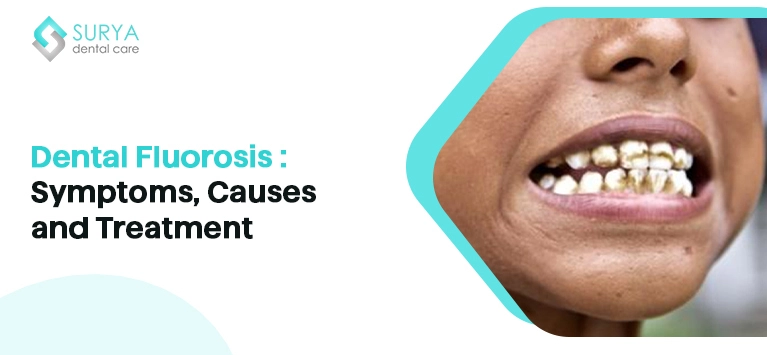


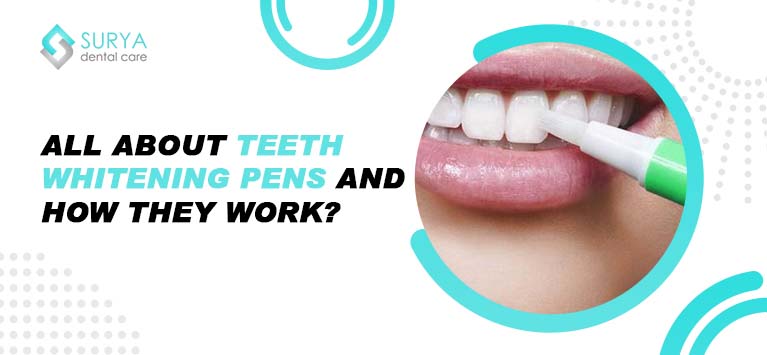
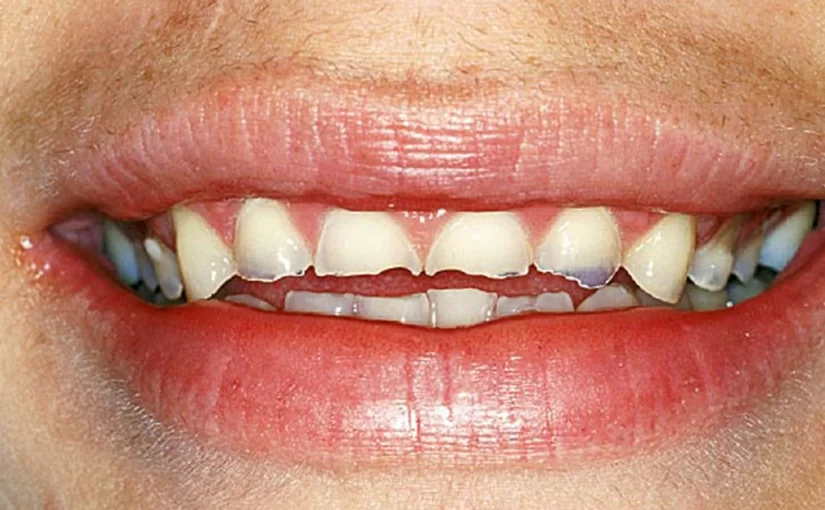

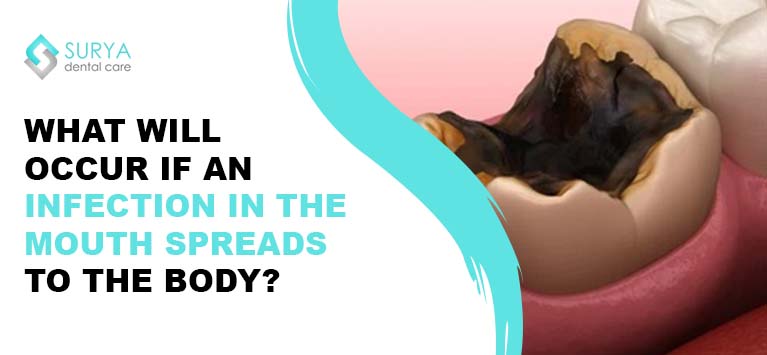

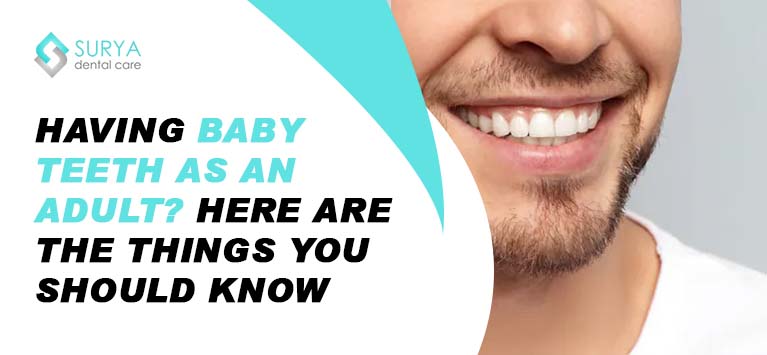
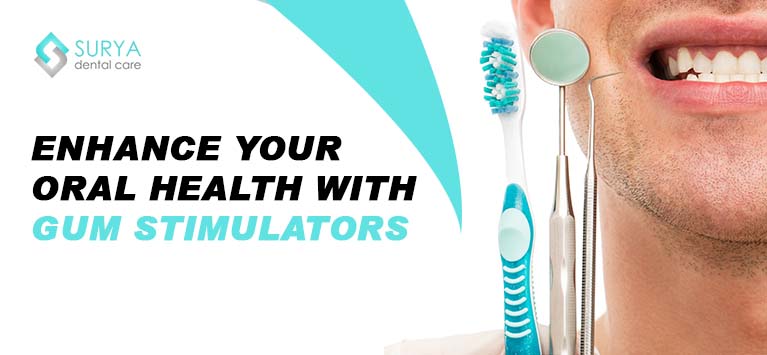


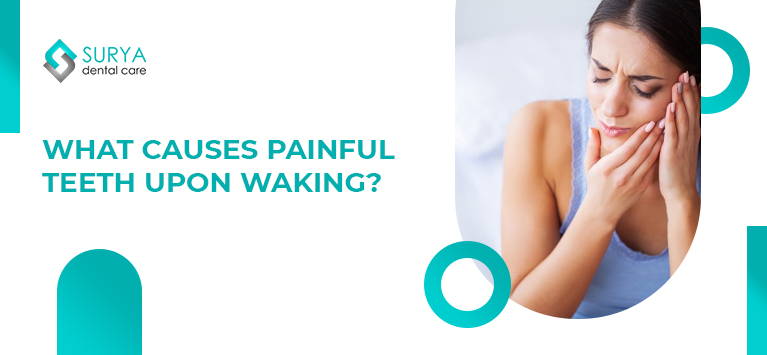


Leave a Comment